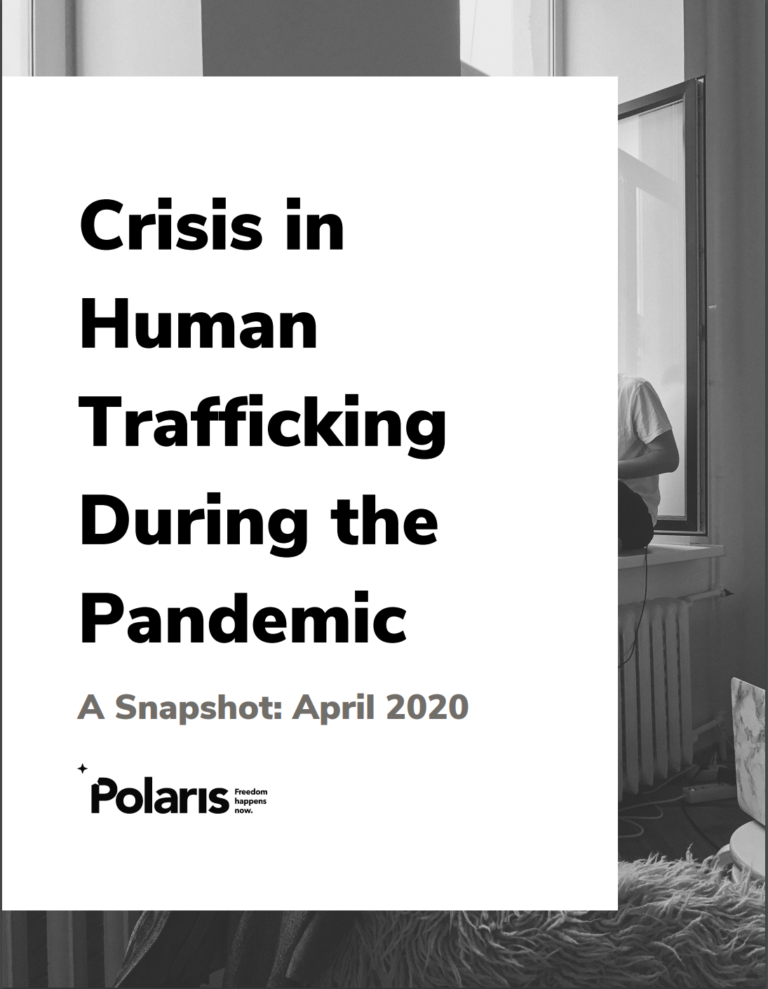Guide of Promising Practices
GuidanceStarting from the identification of gaps and barriers in the effective protection of trafficked persons, the guide shares promising existing practices in line with a coherent referral to the most appropriate channel of protection securing their righ...Read More

